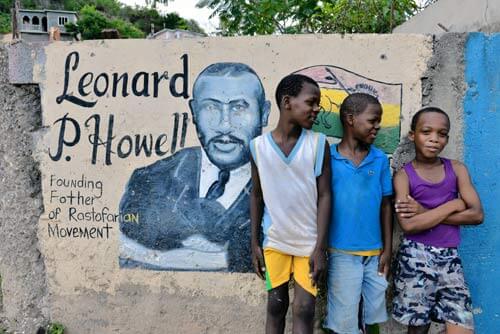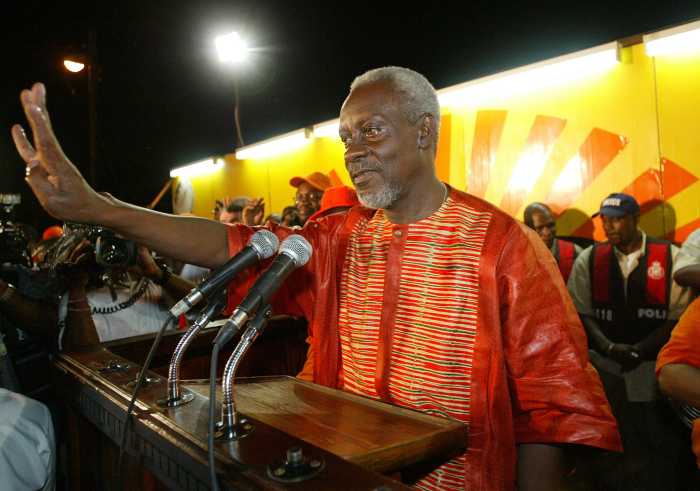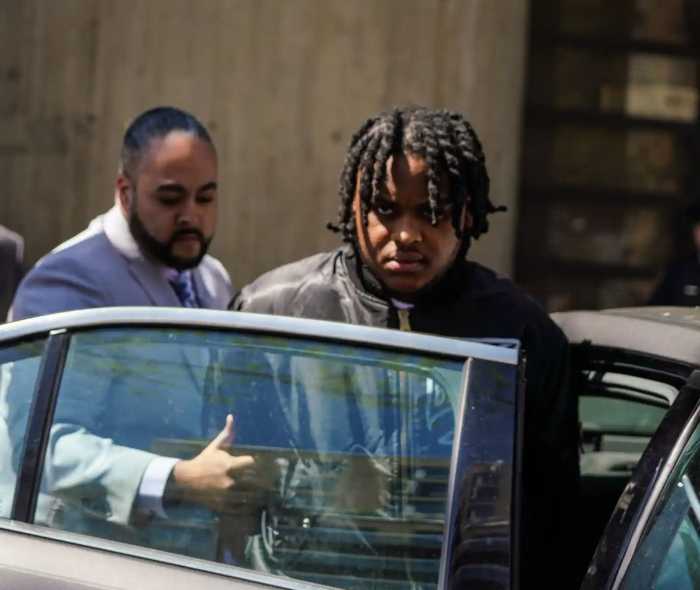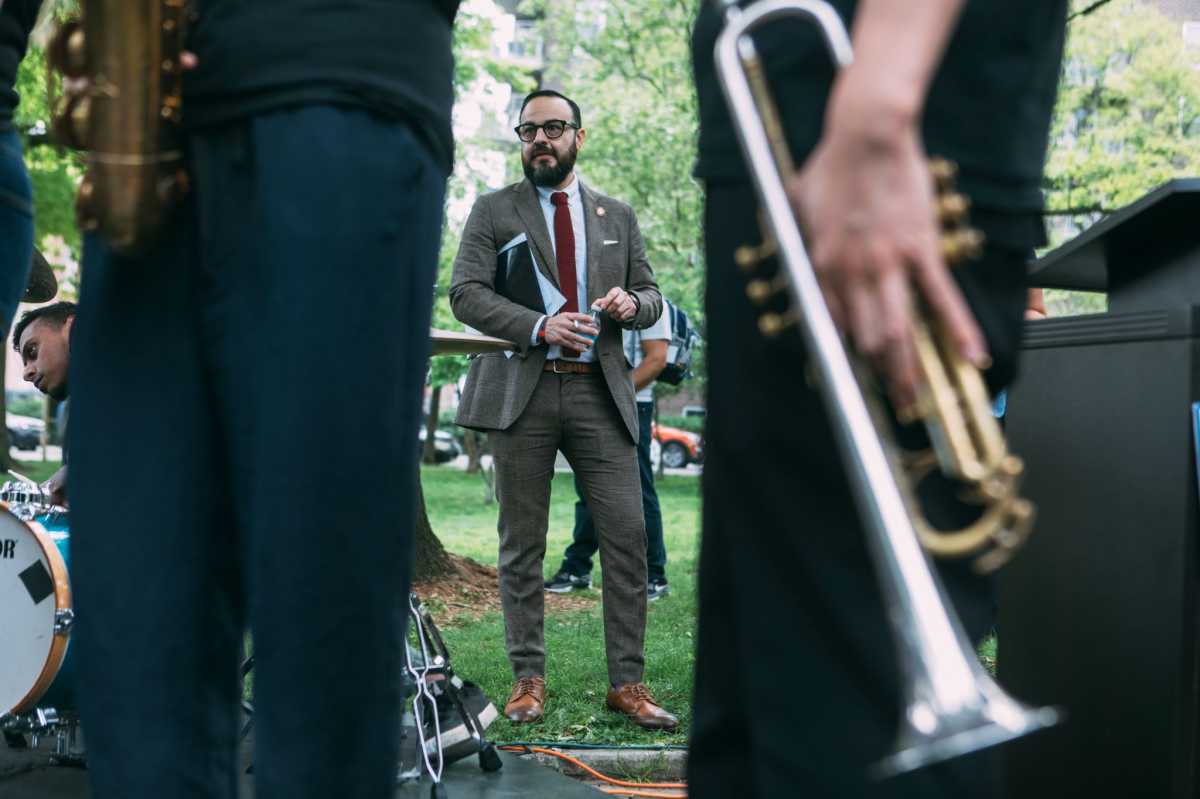KINGSTON, Jamaica (AP) — Rastafarians rallied Thursday in Jamaica’s capital to lay claim to a hilltop site where a founding father of the spiritual movement led a flourishing community in the 1940s before it was destroyed by British colonial authorities.
About 100 people wearing the faith’s colors of red, green and gold recited poetry, smoked marijuana and discussed recent efforts to prevent a housing developer from building on a rocky hilltop dubbed “Pinnacle.”
Leonard P. Howell founded the group’s first self-sustaining settlement there more than 70 years ago, and the site in St. Catherine parish is considered sacred to Rastafarians.
About 4,500 people once lived in the community, but it was razed in 1954, setting off years of persecution by the state. For decades, Rasta adherents were treated as second-class citizens in Jamaica and other Caribbean islands.
The ruins of Howell’s house were declared a national heritage site last year by Jamaica. But island courts say adjoining lots are owned by St. Jago Hills Development Ltd.
Donisha Prendergast, the eldest granddaughter of reggae icon Bob Marley, said Pinnacle is hugely significant for Rastafarian culture. She said negotiations with the government and the developer are making progress but she and others remain watchful.
“The battle is not over and we’re not comfortable with where things stand,” Prendergast said.
Three Rastafarian groups met with developers and government officials this week to discuss the dispute. The Ministry of Youth and Culture says the developer has agreed not to build on five lots adjoining the ruins for now and is open to negotiations on the future of the land.
A melding of Old Testament teachings and Pan-Africanism, Rastafari emerged in colonial-era Jamaica in the 1930s out of anger over the oppression of blacks. Its message was spread around the globe in the 1970s by Jamaican music stars like Marley, Peter Tosh and Burning Spear.

AP Photo/David McFadden


























